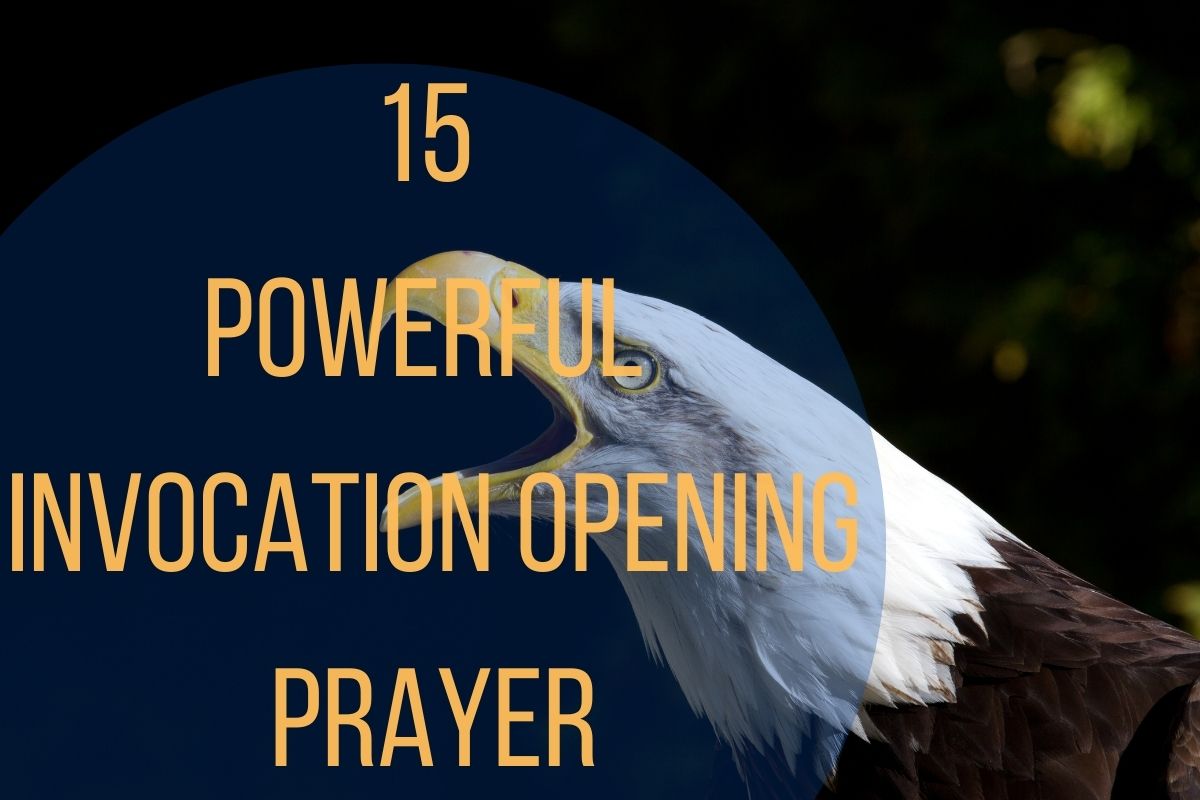This article delves into the concept Are churches always open, exploring their accessibility, traditions, policies, and the impact of changing times.
The act of seeking solace and connection with the divine is a timeless human tradition. For many, churches serve as a sacred space where individuals can gather, reflect, and offer prayers.
However, the question of whether churches are always open for prayer isn’t as straightforward as it may seem.
Contents
Are Churches Always Open To Pray
When we speak of open churches, we refer to the accessibility of these religious institutions to the general public, not just during scheduled worship services but also during various times of the day or week.
The significance of church accessibility
Churches play a vital role in the spiritual, social, and cultural life of communities. Their openness, or lack thereof, can have a profound impact on the people they serve.
The Tradition of Open Churches
Historical perspective
Historically, churches have been known for being open to the public nearly all the time. This tradition dates back centuries, where churches were considered sanctuaries for the weary and seekers of solace.
Role of churches in the community
Open churches have long been pillars of support for their communities, offering refuge, counseling, and a sense of belonging.
Scheduled Church Services
Regular service times
Churches typically have scheduled services, such as Sunday Mass or mid-week prayer meetings. These are times when the doors are invariably open for the congregation.
Variations in different denominations
The openness of churches can vary among denominations, with some having more frequent services than others.
Special Events and Occasions
Weddings, funerals, and other ceremonies
Churches often open their doors for special events like weddings, funerals, and baptisms, allowing families to celebrate significant life moments in a sacred setting.
Seasonal celebrations
During holidays and special seasons like Christmas and Easter, many churches extend their hours for special services and celebrations.
Availability of Church Facilities
Church office hours
In addition to worship times, churches also have office hours where people can visit for various needs, including prayer.
Access to prayer rooms and chapels
Some larger churches offer dedicated spaces for individual prayer and reflection.
The Impact of COVID-19
Temporary closures and restrictions
The COVID-19 pandemic brought about temporary closures and restrictions on church gatherings, impacting their accessibility.
Shift to virtual services
Many churches adapted by offering virtual services, ensuring that the act of prayer remained accessible to their congregations.
Interfaith and Inclusive Practices
Openness to visitors from diverse backgrounds
Some churches actively promote interfaith dialogues and welcome visitors from different religious backgrounds.
Interfaith dialogues and outreach
Engaging with other faith communities is a growing trend in promoting inclusivity.
Church Policies on Accessibility
Factors influencing church openness
Church policies on accessibility can be influenced by factors like security concerns, location, and denominational beliefs.
Denominational differences
Different denominations may have varying approaches to church openness.
Community Engagement and Outreach
Social services and charitable activities
Many churches engage in community outreach and charitable work, providing additional points of access for the community.
Engaging with the local community
Community engagement fosters a sense of openness and connection.
Personal Experiences and Stories
Testimonials and anecdotes
Hearing from individuals about their experiences with open churches can provide insight into the impact of such accessibility.
How individuals find solace in open churches
People often share stories of how they found peace and comfort through prayer in open church spaces.
Challenges and Controversies
Security concerns
In an ever-changing world, security concerns can challenge the tradition of open churches.
Striking a balance between openness and safety
Churches must navigate the fine line between being open and ensuring the safety of their congregation.
The Role of Technology
Online prayer services
Technology has enabled churches to offer online prayer services, further expanding accessibility.
Virtual church visits
People can virtually visit churches, exploring their architecture and history from the comfort of their homes.
Pros and Cons of Open Churches
Benefits of accessibility
The benefits of open churches are vast, from spiritual support to community engagement.
Potential drawbacks and criticisms
Critics argue that open churches may face security risks and other challenges.
The Global Perspective
Openness to prayer in different countries
The accessibility of churches varies globally, with cultural and regional differences impacting traditions.
Cross-cultural differences
Understanding how different cultures approach open churches offers a broader perspective.
Conclusion
In conclusion, the question of whether churches are always open for prayer is multifaceted. While the tradition of open churches remains strong in many places, evolving circumstances and security concerns have led to adjustments in accessibility.
Churches continue to adapt to ensure that the act of prayer remains a cornerstone of their mission while addressing the needs and concerns of their congregations and communities.
FAQs
- Do all churches have the same open hours for prayer?
- No, the accessibility of churches varies, and their open hours can differ based on factors like denomination, location, and tradition.
- How have churches adapted during the COVID-19 pandemic to ensure accessibility?
- Many churches shifted to virtual services and embraced technology to allow people to pray from the safety of their homes.
- What are some examples of interfaith practices in churches?
- Interfaith dialogues, welcoming visitors from diverse religious backgrounds, and joint community initiatives are common interfaith practices in churches.
- Are there security concerns related to open churches?
- Yes, some open churches face security concerns, leading to a need for balancing accessibility with safety measures.
- Can I visit a church virtually to experience its architecture and history?
- Yes, many churches offer virtual tours, allowing you to explore their architectural beauty and historical significance online.







